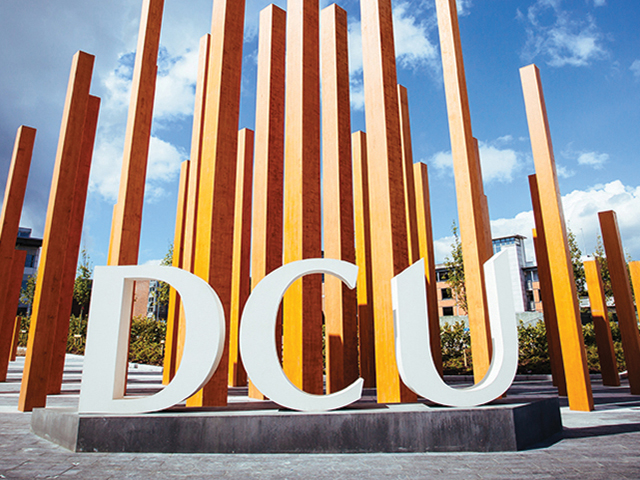
Students find mathematics quite difficult. In an article by engineersireland in 2023, 35% of Leaving Cert students studied Higher Level Maths, and only 3% studied Applied Maths.
We tend to hear the claim that people are not “maths people” because right now they lack mathematical ability. But notice the fact I said “right now”, because I believe that aptitude in maths can be improved. Take this as an example: a new first year student in university discovers they simply can’t after years of being fed by their parents. Does this mean they will not cook for the rest of their lives? Probably not.
But what are the similarities between maths and cooking? Or in fact, how does learning how to walk make one better at maths? Consider this scenario: you get in a car crash and the injury is so bad you can’t walk. The only way to walk again is to re-learn with the assistance of a physical or occupational therapist. Will you claim that you are “not-a-walking-person”? If we apply the theory of “I’m not-a-maths-person”, then we should expect you will never walk again. But of course, this is not the case as the injured person will be eager to re-learn. Then why does the “I’m-not a-maths-person” claim exist? And how can we change this perspective?
To answer the latter, we must recognise that maths is a skill that can be learned, just like learning how to walk. Recall how an infant learns to walk: they crawl, stumble, fall, and try again until they can finally walk. This process is aided with cheers and encouragement from onlookers. The process of learning how to walk is similar to learning any other skill as we grow up (though there is not always a crowd cheering you on). I, myself, would like to think I am pretty good at maths given I am enrolled in the MSc in Financial Maths here at DCU, and I can safely attribute my aptitude in maths to the process of learning how to walk: I try, fail, try again, fail again, try again, and maybe succeed. Thus, what separates those who are good at maths to those who are not yet good at maths is simply persistence.
There are days where we learn about new and more difficult topic and feel on top of the world from understanding it. But, there are days where it goes so badly it’s a humbling experience and you start questioning your intellect. Maybe the reason why people do not persist in maths can be attributed to the humbling experience? That feeling of embarrassment and inadequacy? That blow to the ego?
My aim in writing this article is to normalize that the subject of maths is tricky but just needs a change in perspective. Many people who are good at maths have also wanted to put their heads through a wall at some point. But just like any other skill, once one spends a bit more time on it, they are bound to get better (the desire to put their head through a wall unfortunately does not go away however). As adults, our brains are less subject to change (or less plasticity as they say in neuroscience) but it does not mean we can’t change. I think it is also helpful when talking to children about the subject of maths. Not understanding something the first time is perfectly fine. Getting annoyed at it is also perfectly fine. But we must also emphasize that in maths, we appreciate the failures and frustration that comes with it because in the end, its process is similar to learning how to walk.



